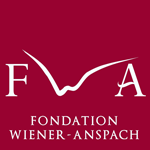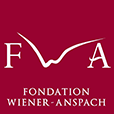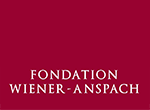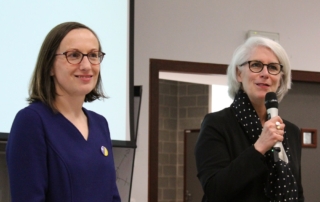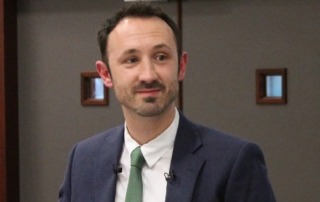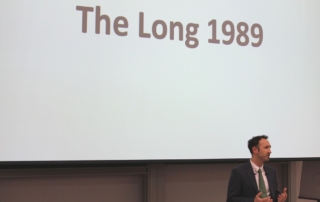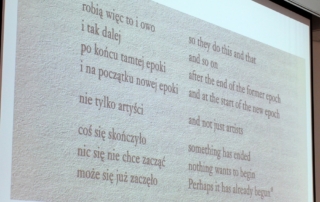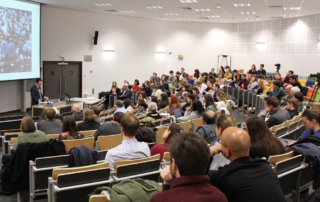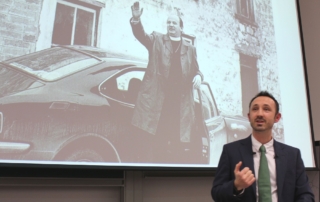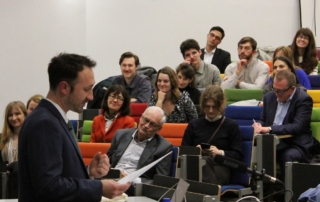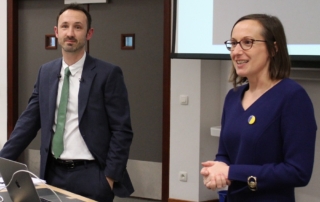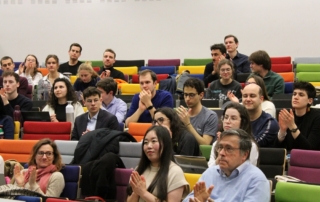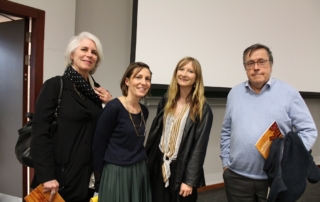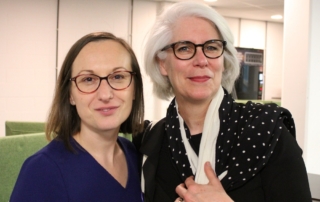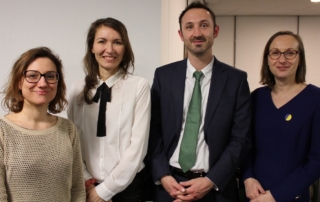2022 – 2023 Chair
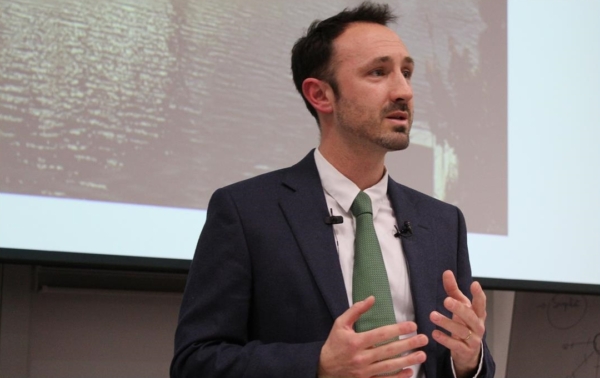
In 2022-2023 the holder of the Ganshof van der Meersch Chair was Chris Bickerton, Professor in Modern European Politics at the University of Cambridge and Official Fellow at Queens’ College, Cambridge.
Educated at Oxford and in Geneva, Chris Bickerton has taught at the universities of Oxford, Amsterdam and Sciences Po (Paris). His research has focused on multiple aspects of contemporary European politics, including European integration and transformations in the continent’s democracies. His book European Integration: From Nation States to Member States (Oxford University Press 2012) was awarded the Best Book Prize by the University Association of Contemporary European Studies. He has published in 2016 a best-selling book, The European Union: A Citizen’s Guide (Penguin) and in 2021 Technopopulism: The New Logic of Democratic Politics (Oxford University Press), co-authored with Carlo Invernizzi Accetti. Chris Bickerton is a visiting Professor at the College of Europe in Bruges and at Paris 1-Sorbonne (in 2023). He is a regular contributor to the international print media and has written for the New York Times, Financial Times, Guardian, and the Monde diplomatique.
The general theme of the Chis Bickerton’s chair at ULB was “On the Brink: A History of Europe since 1989”. He also gave a public lecture entitled “The Long 1989” on March 30, 2023.
Abstract of the lecture
Writing contemporary history is challenging at the best of times. Doing so in the midst of a polycrisis is even more so. As European standards of living fall and as war returns to the very heart of the continent, it is inevitable that a history of Europe since 1989 will be written rather differently. What should we make of Europe’s long period of relative demilitarization when it ends so abruptly and brutally? Should we revise our understanding of Europe’s economic development in the late 20th and early 21st century knowing that by the end of the 2010s Europe is marked by widespread industrial action? This lecture will look back at Europe since 1989, identifying the main trends and themes but also reflecting on how current events are forcing a significant reassessment of Europe’s political, social and economic development since the end of the Cold War.
